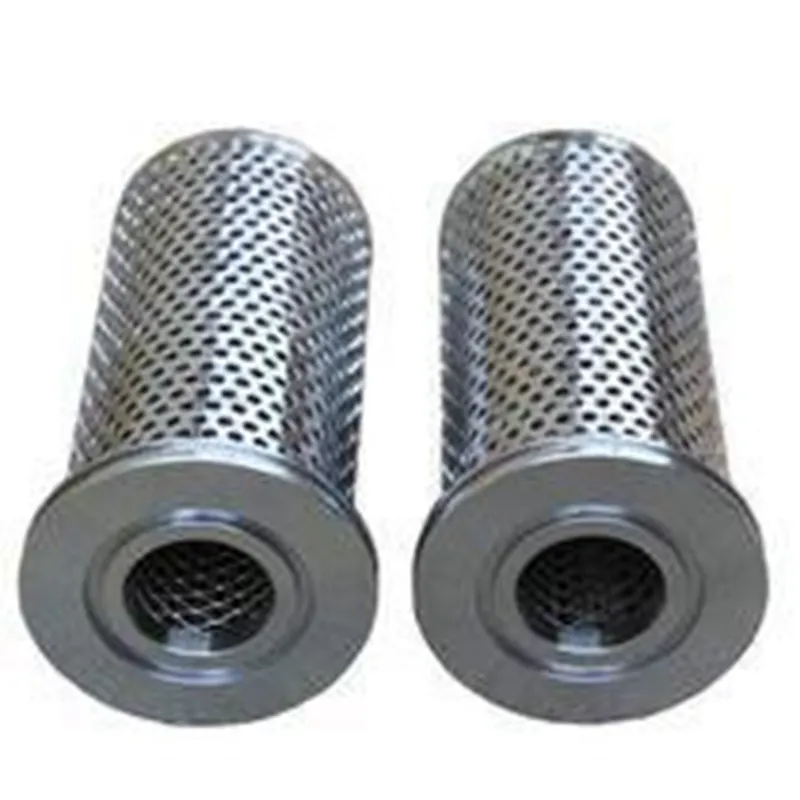 Tel:
+8615930870079
Tel:
+8615930870079
يوليو . 21, 2024 01:10 Back to list
Durable Polyester Cartridge Filters for Enhanced Filtration Efficiency in Various Applications
Understanding Polyester Cartridge Filters Benefits and Applications
Polyester cartridge filters are an essential component in various filtration systems, widely used across multiple industries due to their excellent durability and efficiency in capturing contaminants. Composed of polyester fabric, these filters offer a range of advantages that make them suitable for both industrial and commercial applications. In this article, we will delve into the features, benefits, and common applications of polyester cartridge filters.
Key Features of Polyester Cartridge Filters
1. Material Composition Polyester is a synthetic fiber known for its strength and versatility. Cartridge filters made from polyester are resistant to a wide array of chemicals, making them ideal for filtering solutions containing acids, bases, and other aggressive substances.
2. High Filtration Efficiency These filters can capture particles as small as a few microns, which is crucial in maintaining the quality of the fluid being filtered. Their pore size can be tailored to meet specific filtration requirements, allowing for various applications.
3. Durability Polyester cartridge filters are known for their long lifespan. They maintain structural integrity under high-pressure conditions and are less prone to tearing compared to filters made from other materials. This durability translates to reduced replacement costs and less downtime in industrial processes.
4. Easy Maintenance Polyester filters are relatively easy to clean and maintain. Many types can be backwashed or rinsed, extending their usability and reducing waste.
Benefits of Using Polyester Cartridge Filters
- Cost-Effectiveness The long life and high efficiency of polyester cartridge filters lead to lower operational costs
. Companies save money on frequent replacements and maintenance, thereby improving the overall efficiency of their filtering systems.- Versatility These filters can be used in various applications, including water treatment, food and beverage production, chemical processing, and oil filtration. Their adaptability makes them a preferred choice across different sectors.
polyester cartridge filter

- Environmentally Friendly Polyester is recyclable, which aligns with modern sustainability goals. Using recyclable materials helps organizations reduce their environmental footprints.
- Temperature Resistance Polyester filters can operate effectively in a broad range of temperatures, which is beneficial in industries where high-temperature processes are involved.
Common Applications
1. Water Treatment Polyester cartridge filters are commonly employed in municipal water treatment plants to remove sediments, chlorine, and other impurities, ensuring the delivered water meets safety standards.
2. Food and Beverage Industry In this industry, cleanliness is paramount. Polyester filters help maintain the purity of products such as juices, beer, and bottled water by removing unwanted particulates and contaminants.
3. Chemical Processing The resistance of polyester to various chemicals makes it an excellent choice for filtering aggressive substances in chemical manufacturing processes.
4. Oil and Gas In the oil and gas sector, polyester cartridge filters are used to filter drilling fluids and other petroleum products, helping to maintain efficiency and safety in operations.
5. HVAC Systems These filters are increasingly utilized in heating, ventilation, and air conditioning systems to improve indoor air quality by trapping dust, allergens, and other pollutants.
In conclusion, polyester cartridge filters are a reliable and effective solution for a wide range of filtration needs. Their combination of durability, efficiency, and versatility makes them an indispensable part of many industrial processes. As industries continue to prioritize cleanliness, safety, and sustainability, the demand for high-quality polyester cartridge filters is expected to grow, ensuring their place in the future of filtration technology. Whether in water treatment facilities or food processing plants, these filters play a crucial role in safeguarding not only products but also public health and the environment.
-
Types and Applications of Air Filtration CartridgesNewsJul.28,2025
-
The Role of Gas Turbine FiltersNewsJul.28,2025
-
Mastering Air Filter Cartridge UseNewsJul.28,2025
-
Advanced Turbine Filters for Modern Gas TurbinesNewsJul.28,2025
-
Cellulose Air Filter Cartridge Advantages in Dust FiltrationNewsJul.28,2025
-
Cellulose Filters for Air Particle ReductionNewsJul.28,2025

 Email:
Email:





